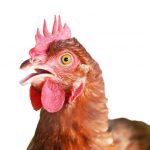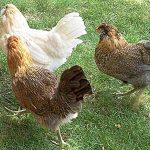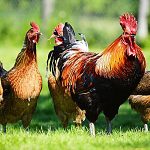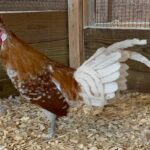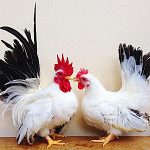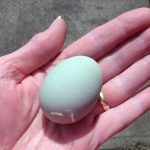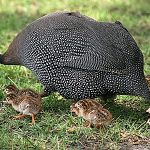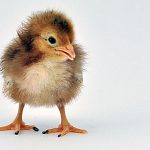
Cannibalism is the disagreeable habit chickens have of pecking one another until they draw blood. And then pecking some more. Chickens may engage in any one of six forms of cannibalism, varying by age and gender. Toe Picking — Chicks Toe picking is a common problem among chicks. It can occur in a brooder where […]
Continue Reading
